In today’s fast-paced healthcare environment, hospitals are under constant pressure to deliver efficient, secure, and patient-centered services. Traditional management systems, once sufficient for handling records and administrative tasks, are no longer enough to meet the growing complexities of modern healthcare. The future of hospital management systems lies in advanced technologies such as Artificial Intelligence (AI), cloud computing, and beyond. These innovations are transforming how hospitals operate, paving the way for smarter, safer, and more efficient healthcare delivery.
The Evolution of Hospital Management Systems
Hospital Management Software (HMS) has long been a vital part of healthcare operations, streamlining functions such as patient registration, appointment scheduling, billing, and record-keeping. However, with the increasing volume of patient data and the rising demand for personalized care, conventional systems have reached their limits. The next generation of HMS integrates cutting-edge technologies to ensure better scalability, security, and patient outcomes.
The Role of Artificial Intelligence in HMS
AI is one of the most transformative forces reshaping hospital management systems. Its applications go far beyond automation and extend into clinical decision-making, patient engagement, and predictive analytics.
- Predictive Analytics for Patient Care
AI-powered HMS can analyze patient histories, lifestyle data, and genetic information to predict potential health risks. For example, AI can identify patients at risk of developing chronic conditions like diabetes or heart disease, enabling early interventions. - Enhanced Diagnostics
Machine learning algorithms assist doctors by analyzing scans, lab results, and medical images with high accuracy. This speeds up diagnosis and reduces the likelihood of human error. - Operational Efficiency
AI helps optimize hospital workflows, from managing staff schedules to predicting patient inflow during seasonal outbreaks. This reduces waiting times and ensures resources are allocated more effectively. - Chatbots and Virtual Assistants
AI-driven chatbots are increasingly being integrated into hospital portals to handle patient queries, appointment bookings, and follow-ups. This not only improves patient engagement but also reduces the workload on administrative staff.
Cloud Computing: The Backbone of Modern HMS
The integration of cloud technology into hospital management systems is revolutionizing how healthcare institutions store, access, and manage data.
- Scalability and Flexibility
Cloud-based HMS allows hospitals to scale up or down easily depending on their requirements. Smaller clinics and large hospitals alike can benefit from solutions tailored to their size and patient volume. - Data Accessibility
With cloud-based systems, healthcare providers can securely access patient records from anywhere, enabling seamless collaboration between doctors, departments, or even across different hospitals. This is particularly crucial for telemedicine and remote healthcare services. - Enhanced Security
Cloud providers are investing heavily in cybersecurity, ensuring sensitive patient data is encrypted, monitored, and protected against breaches. Role-based access further ensures that only authorized personnel can access specific data. - Cost Efficiency
By eliminating the need for expensive hardware and on-site servers, cloud-based HMS reduces infrastructure costs. Hospitals can pay for only the services they use, making it a cost-effective solution.
The Rise of Interoperability
As healthcare systems adopt AI and cloud solutions, interoperability has become a key focus. Interoperability ensures that different hospital systems, laboratories, pharmacies, and diagnostic centers can seamlessly share and exchange information. This not only eliminates data silos but also improves care coordination, reduces duplicate testing, and enhances patient safety.
Beyond AI and Cloud: Emerging Trends
While AI and cloud computing are leading the future of hospital management systems, other technologies are beginning to play an equally important role.
- Blockchain Technology
Blockchain ensures secure and tamper-proof medical records. By decentralizing patient data, blockchain enhances transparency and allows patients greater control over their health information. - Internet of Medical Things (IoMT)
Smart medical devices, wearables, and sensors connected through IoMT are becoming integral to HMS. These devices monitor vital signs in real time and feed data directly into hospital systems, allowing for continuous patient monitoring. - Robotic Process Automation (RPA)
RPA automates repetitive administrative tasks such as billing, claims processing, and insurance verification. This reduces errors and frees up staff for more patient-centric roles. - Big Data and Analytics
Hospitals are generating massive amounts of data daily. Advanced analytics help identify patterns, improve decision-making, and enhance population health management. Hospitals can use this data to design better treatment plans, reduce costs, and predict future healthcare trends.
Challenges and Considerations
While these technologies promise remarkable benefits, hospitals must also navigate several challenges:
- Implementation Costs: Transitioning to AI-driven, cloud-based HMS can be expensive for smaller institutions.
- Data Privacy Regulations: Compliance with healthcare laws like HIPAA (in the U.S.) or local data protection acts is crucial.
- Training and Adoption: Staff need proper training to adapt to new systems, ensuring smooth implementation.
- Cybersecurity Threats: As more systems move online, the risk of cyberattacks increases, requiring hospitals to invest in robust security protocols.
The Road Ahead
The future of hospital management systems, including advanced solutions like a Clinic Management System Pakistan, is defined by smarter, more connected, and patient-centered technologies. AI will continue to improve decision-making and efficiency, while cloud computing ensures scalability and accessibility. Emerging technologies like blockchain and IoMT will enhance data security and real-time monitoring, shaping a more integrated healthcare ecosystem.
Ultimately, hospitals that embrace these innovations will not only streamline their operations but also deliver higher-quality, more personalized care. The integration of AI, cloud, and other advanced technologies is not just about digitization, it is about reimagining healthcare for the betterment of patients and providers alike.

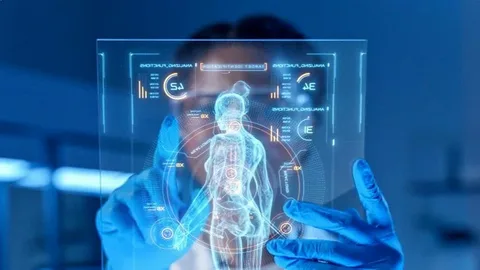
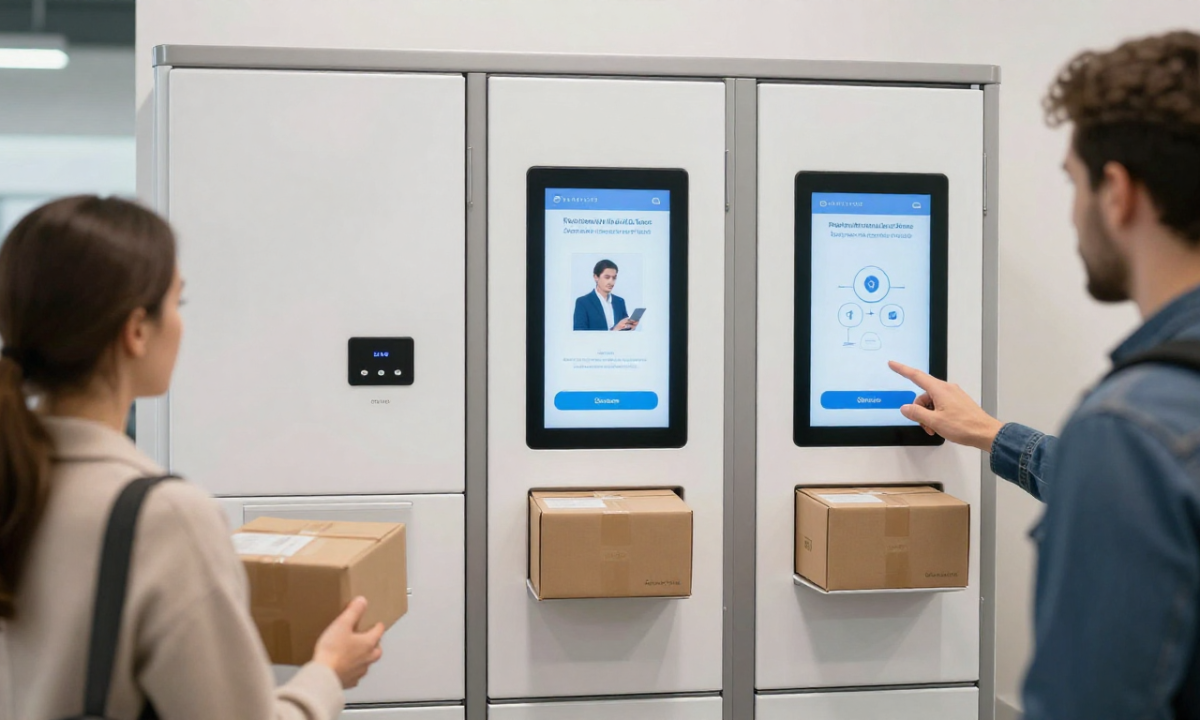
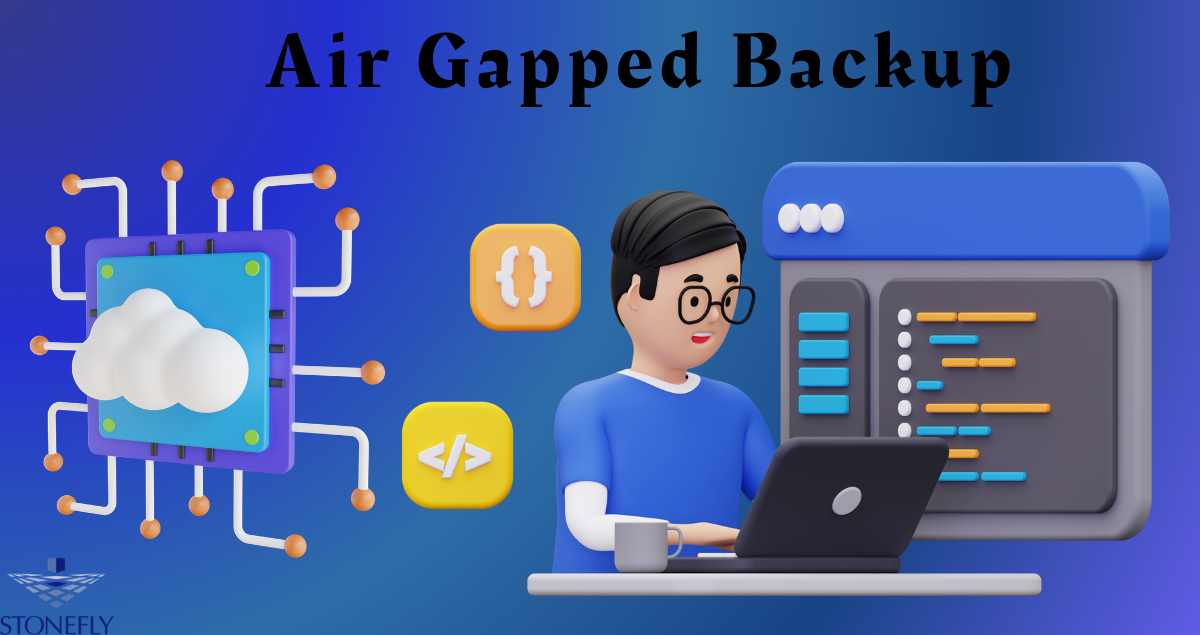
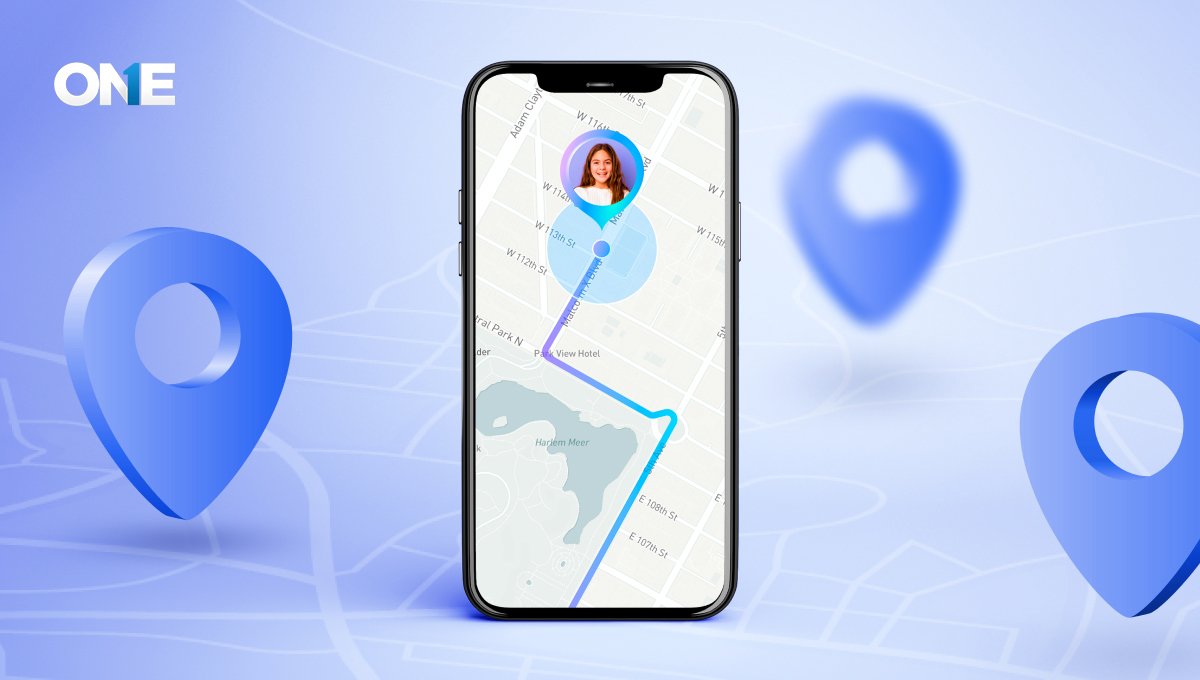



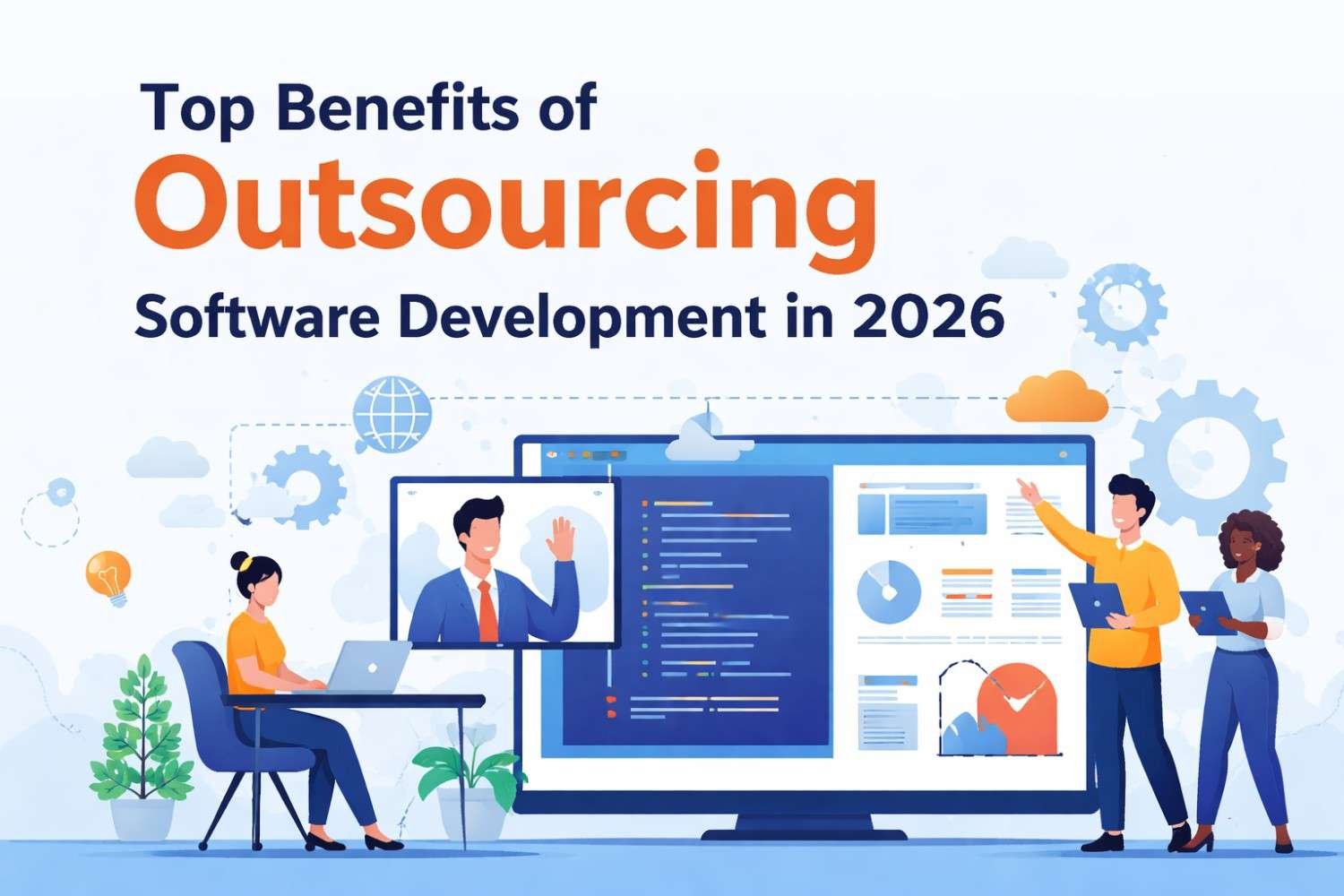





Leave a Reply